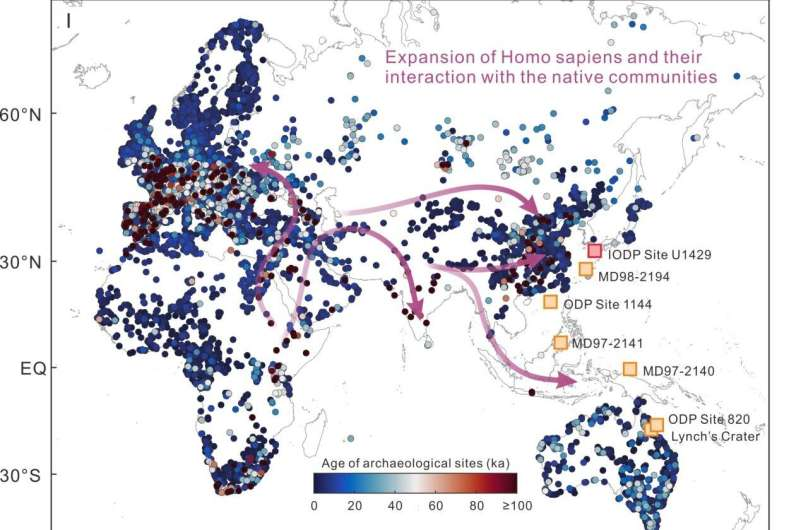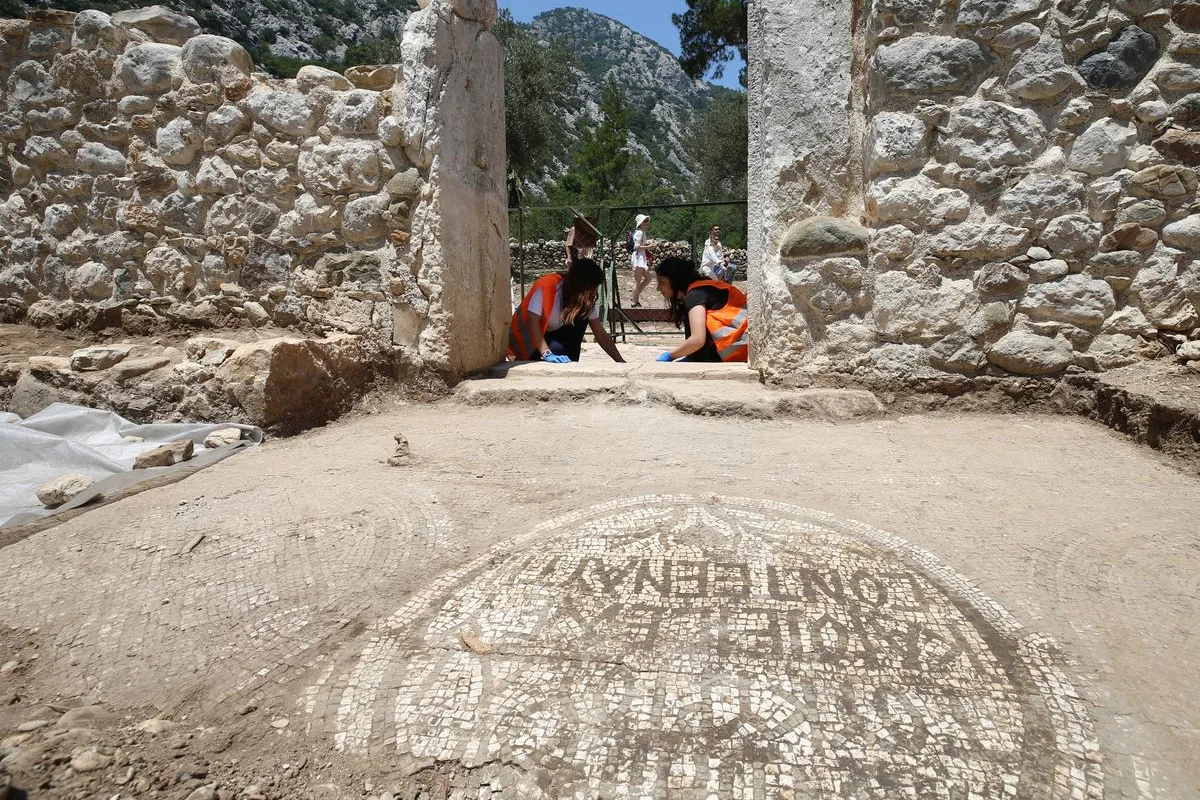Women in ancient Egypt held a unique position compared to those in many other ancient civilizations. They enjoyed legal rights, social mobility, and influence in various aspects of life. This article explores the social, religious, and political roles that women played in ancient Egyptian society.
Social Roles
Women in ancient Egypt had significant freedoms and responsibilities within their households and communities. They could own property, initiate divorce, and engage in business ventures. Many women worked as weavers, bakers, or midwives, while wealthier women managed estates and supervised household staff. Marriage was generally based on mutual consent, and legal agreements ensured financial security for wives.
Religious Roles
Women played crucial roles in religious practices and institutions. Many served as priestesses, particularly in the worship of deities like Hathor, Isis, and Neith. The most prestigious religious position for a woman was the "God's Wife of Amun," a title held by elite women who wielded great power and wealth. Women also participated in temple rituals and were often depicted as supporters of their husbands' spiritual duties.
Political Roles
Although Egyptian society was largely patriarchal, some women rose to prominence in politics. Queens such as Hatshepsut and Cleopatra VII ruled as pharaohs, demonstrating that women could wield supreme power. Others, like Nefertiti and Tiye, exerted considerable influence as consorts and advisors to their royal husbands. Even women outside the royal family could engage in legal matters, sign contracts, and petition the authorities.
Conclusion
Women in ancient Egypt enjoyed a relatively high status compared to those in many other ancient cultures. Their contributions to society were multifaceted, spanning social, religious, and political spheres. Their legacy is a testament to the complexity and progressiveness of ancient Egyptian civilization.







